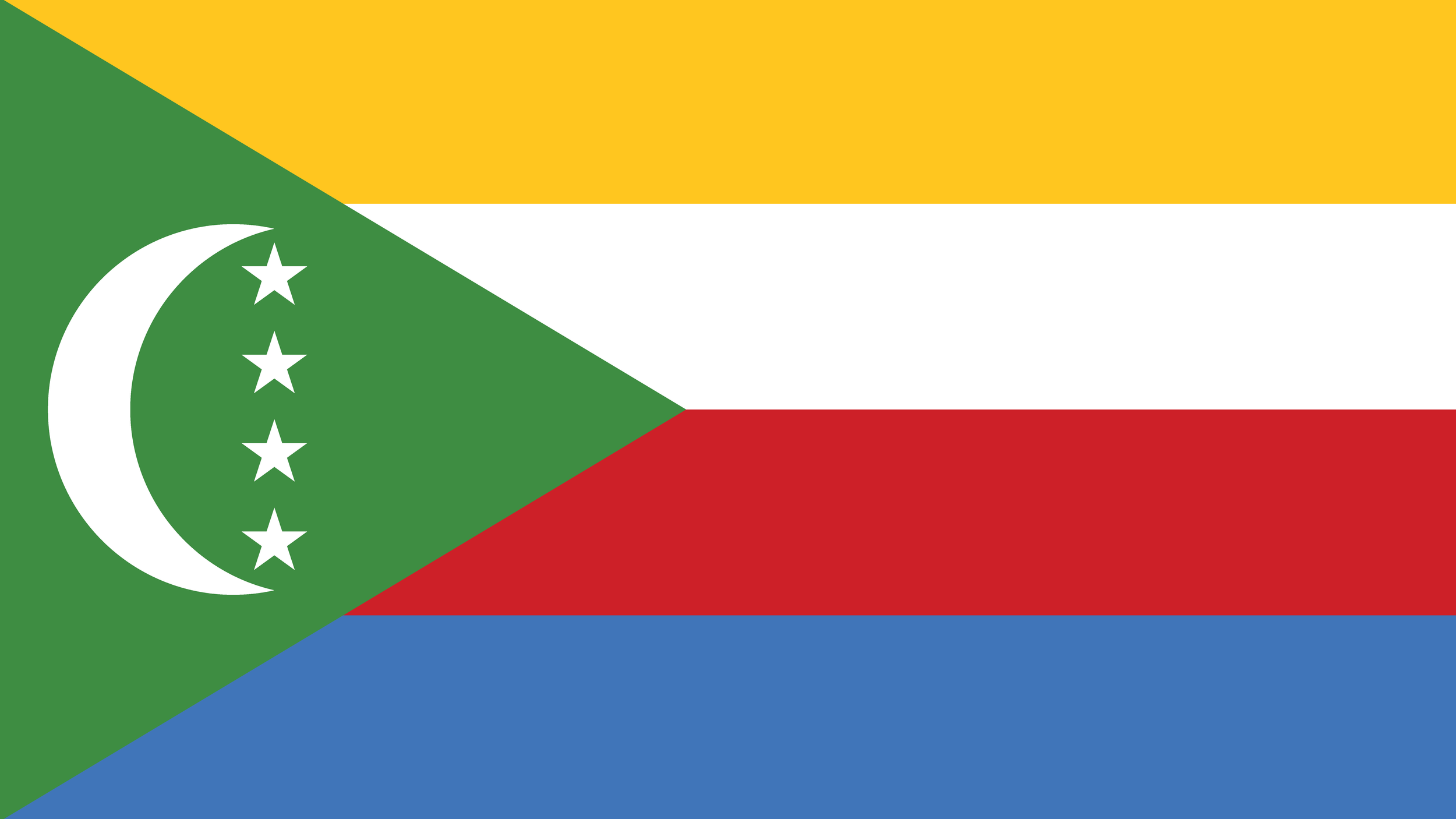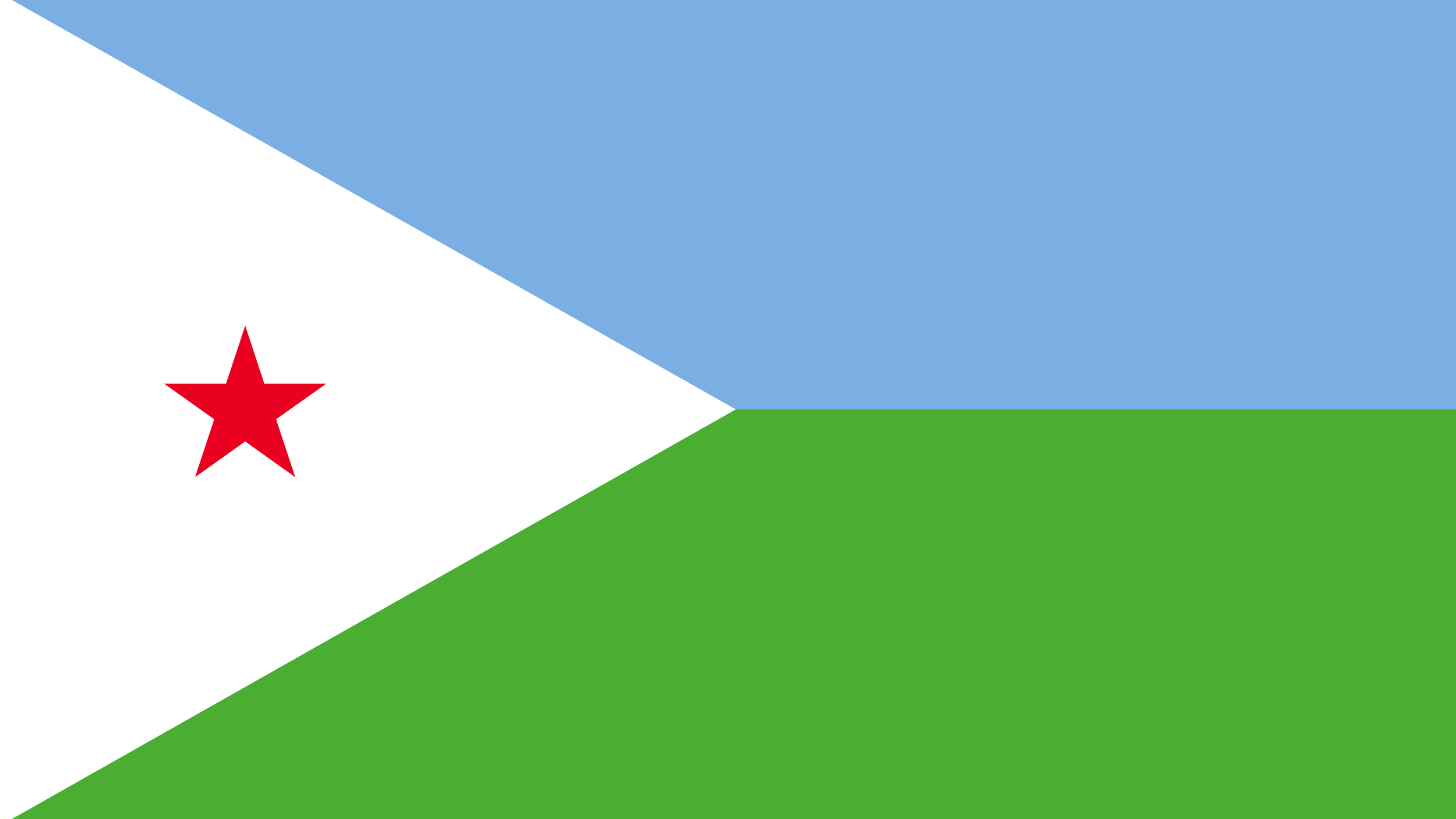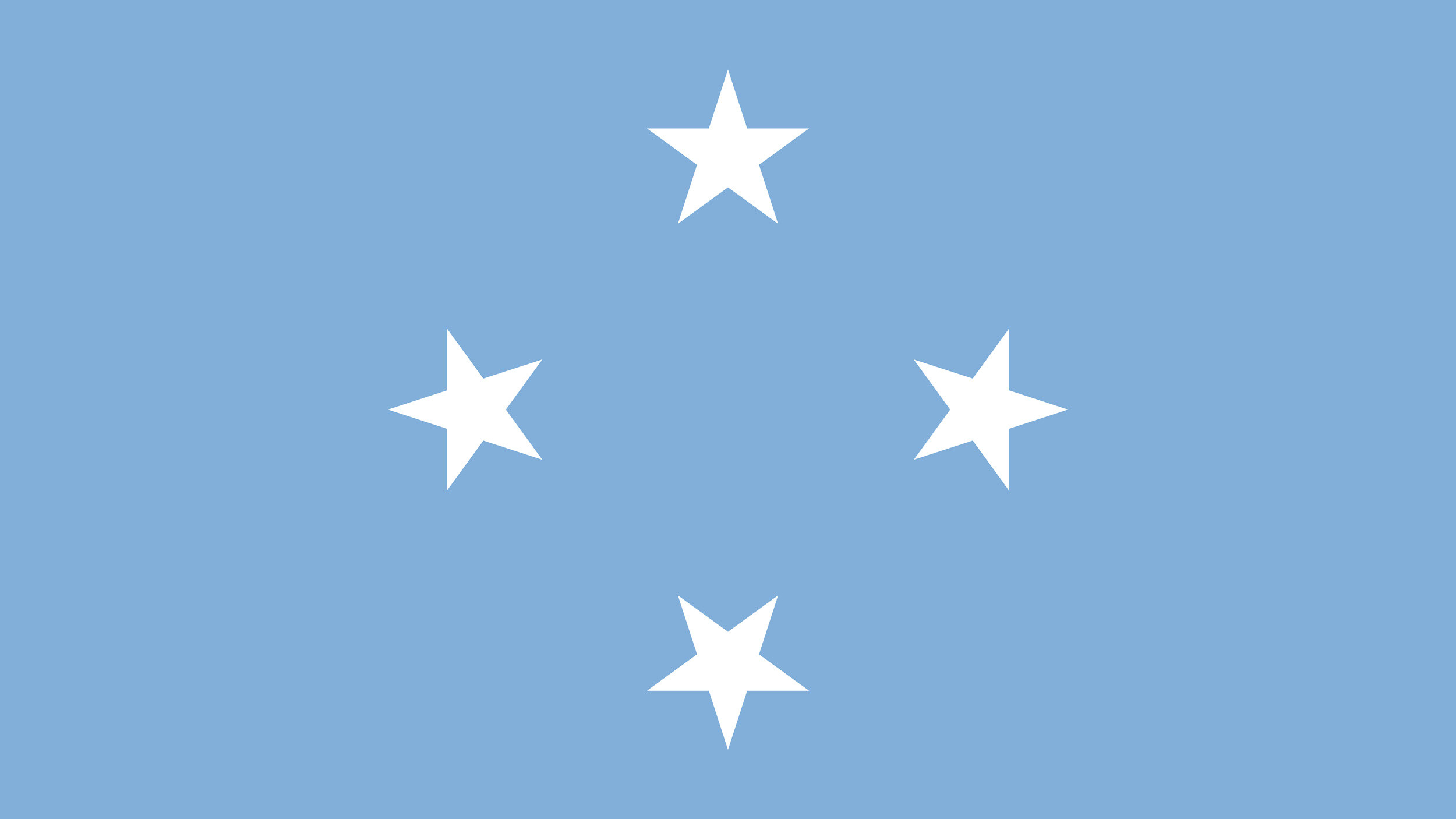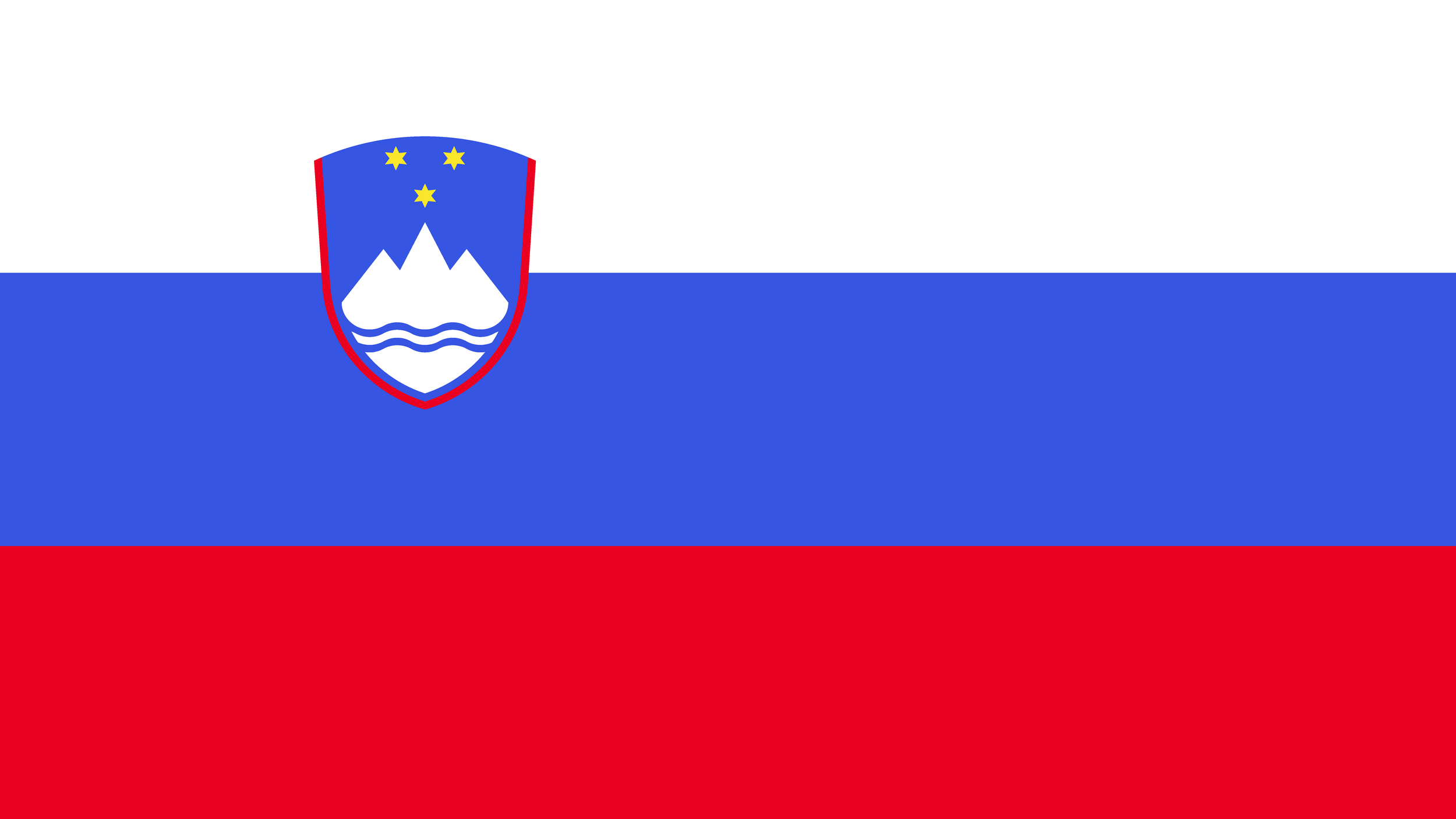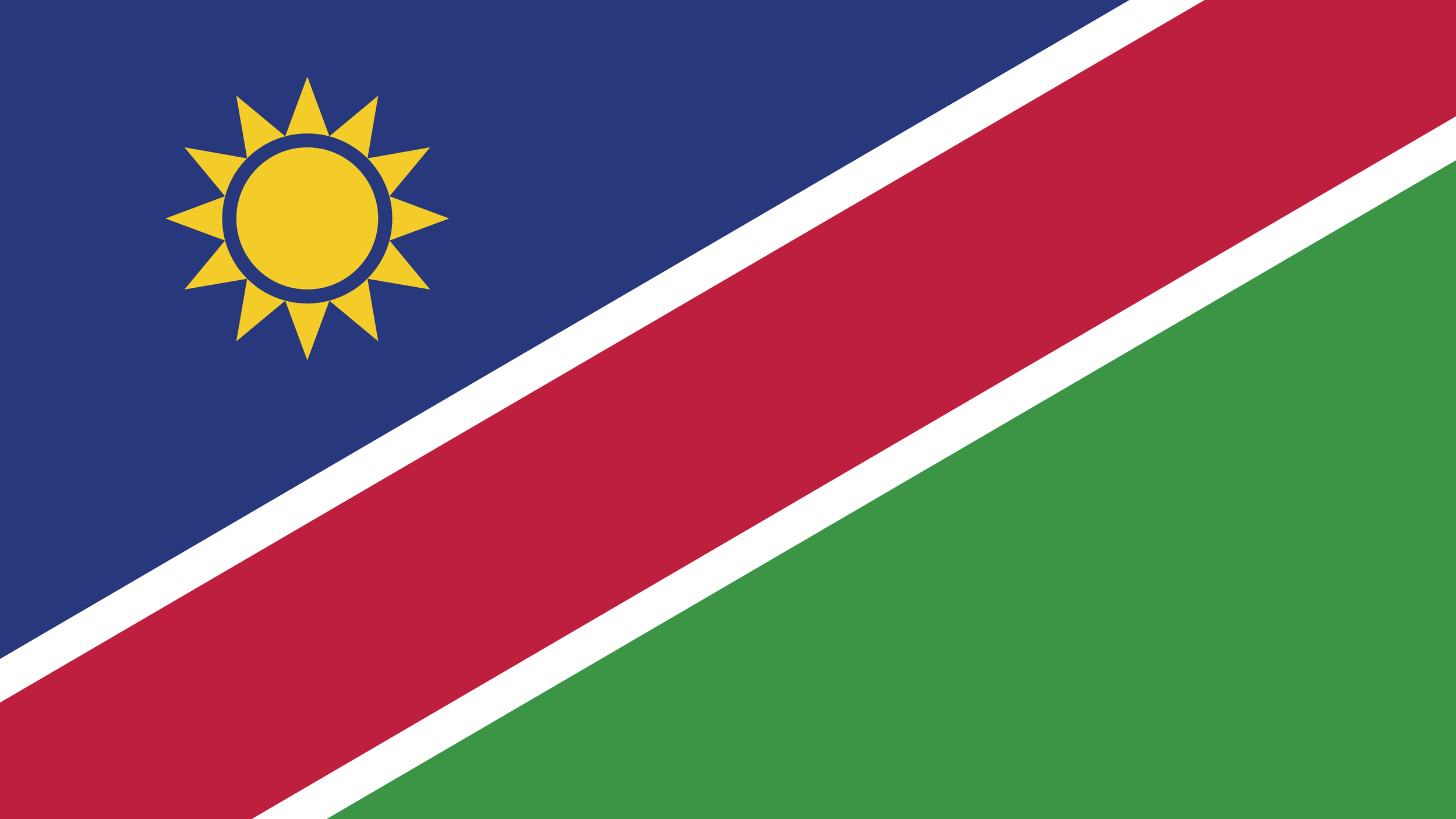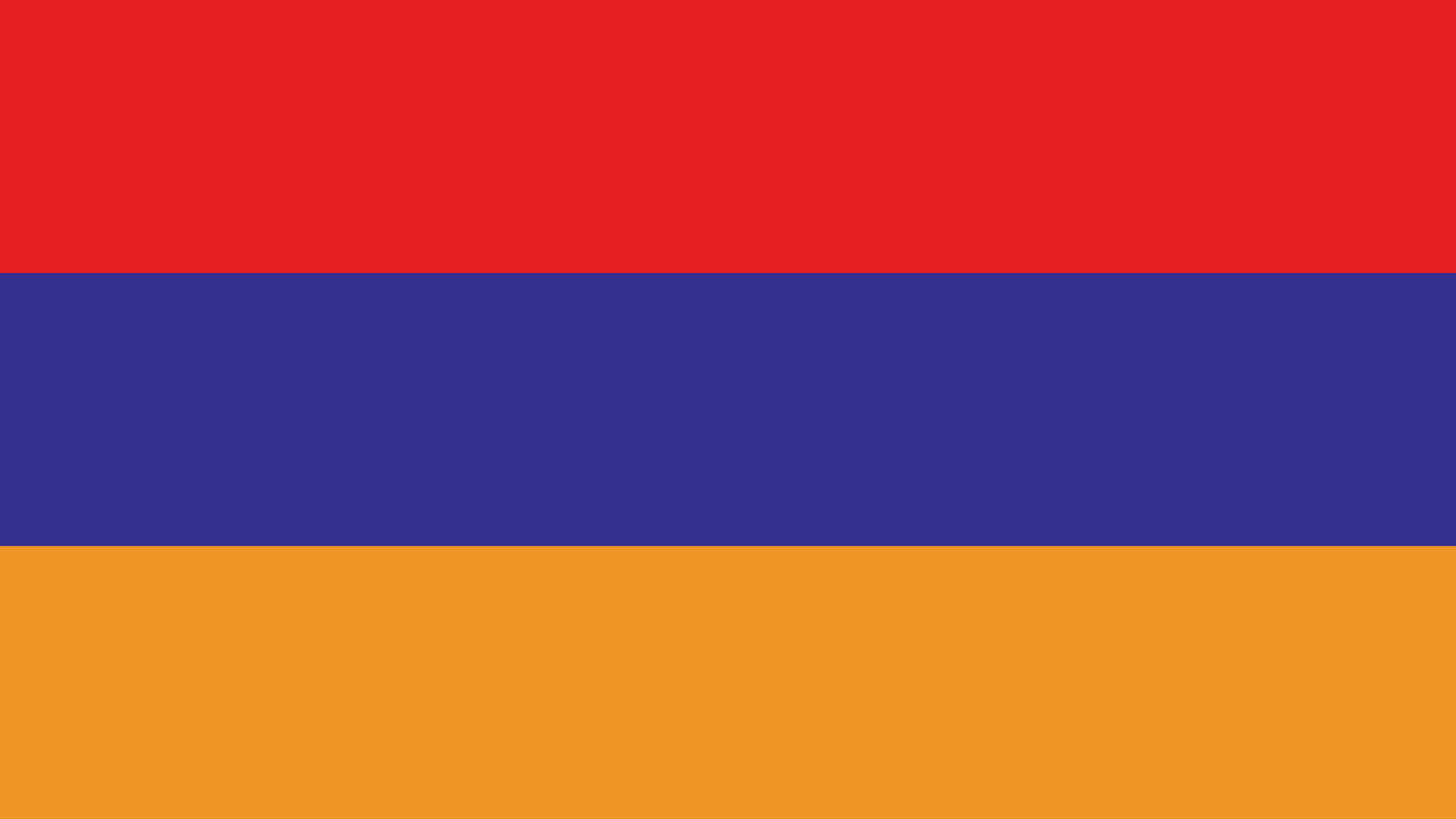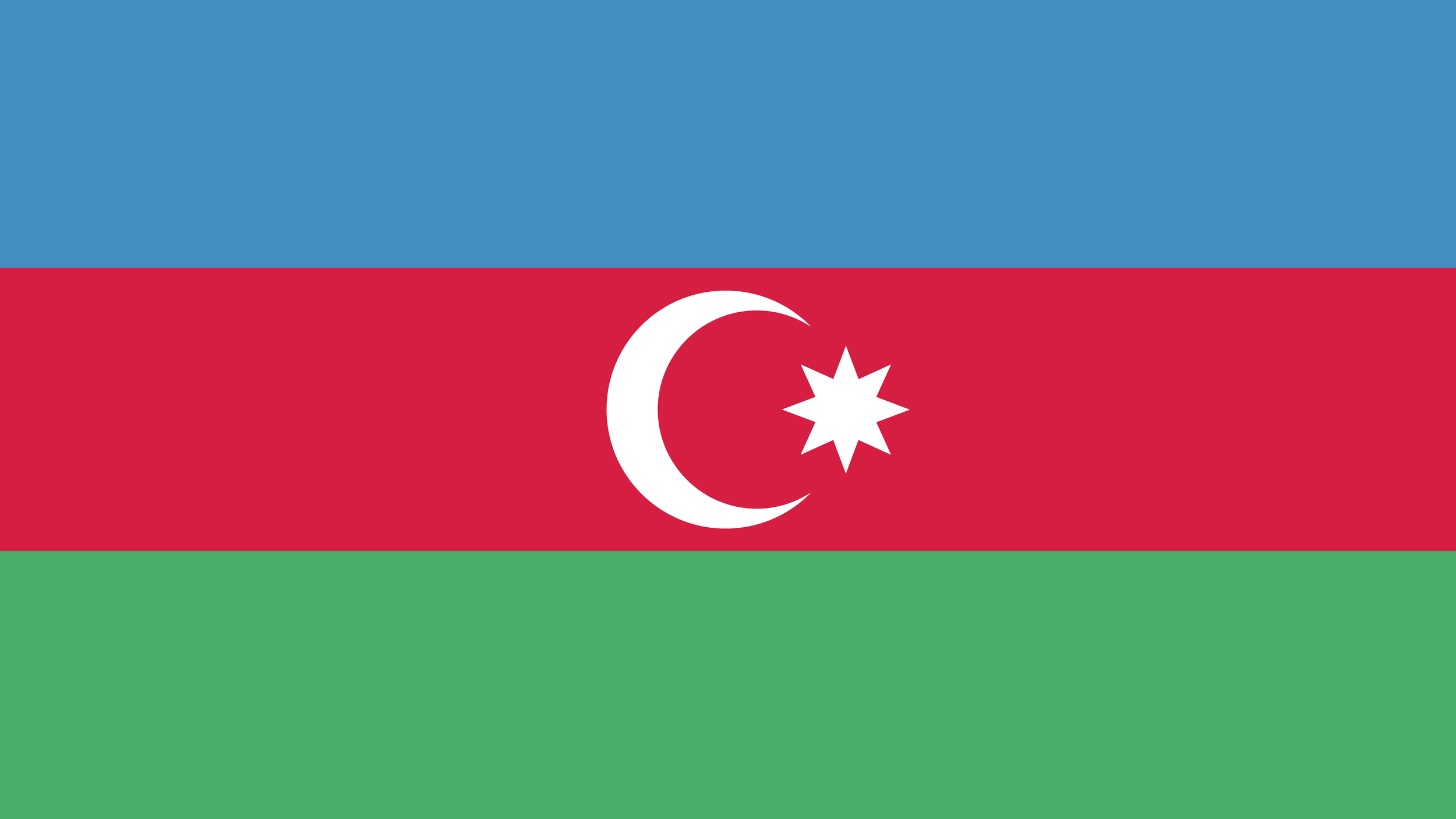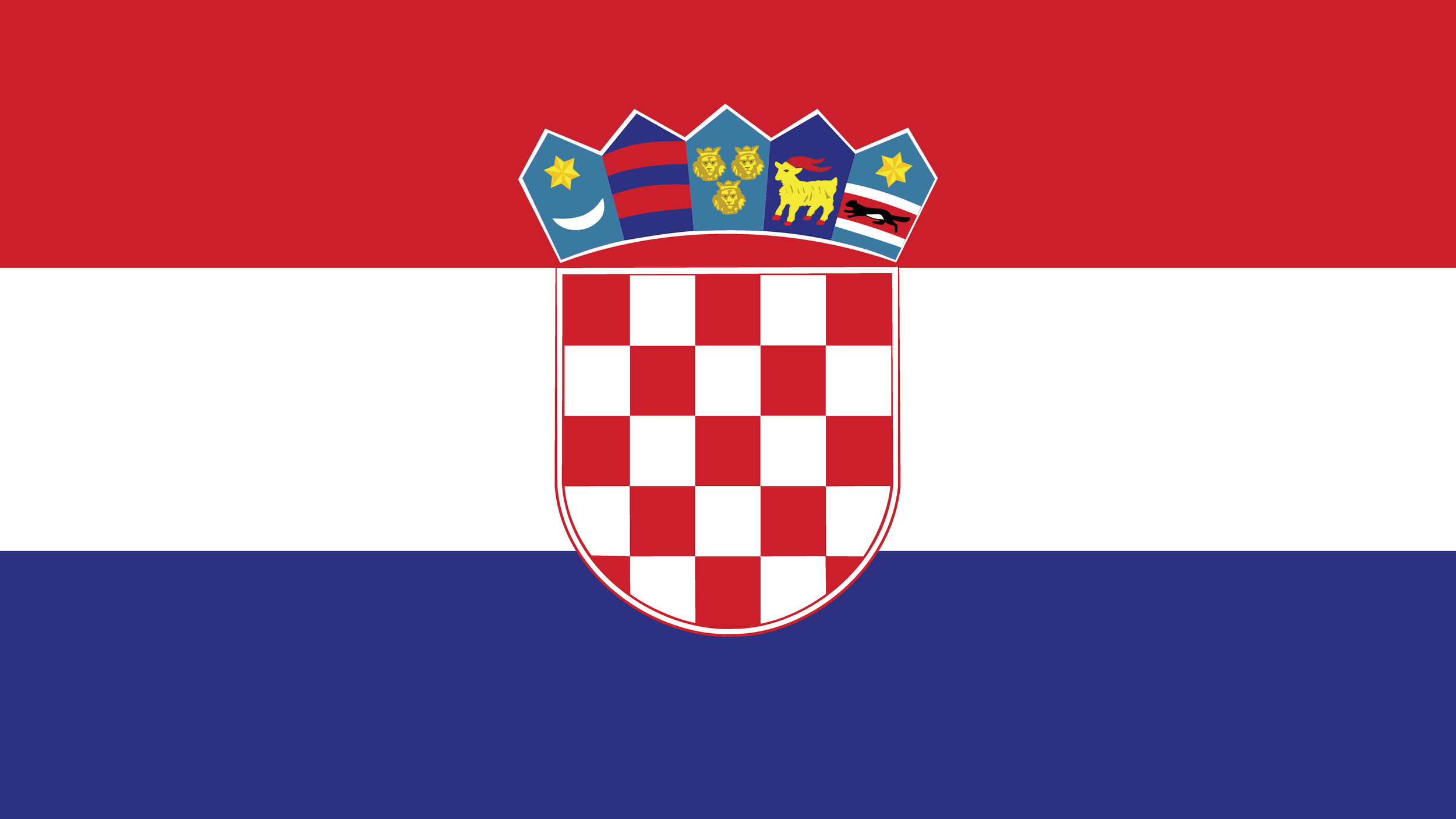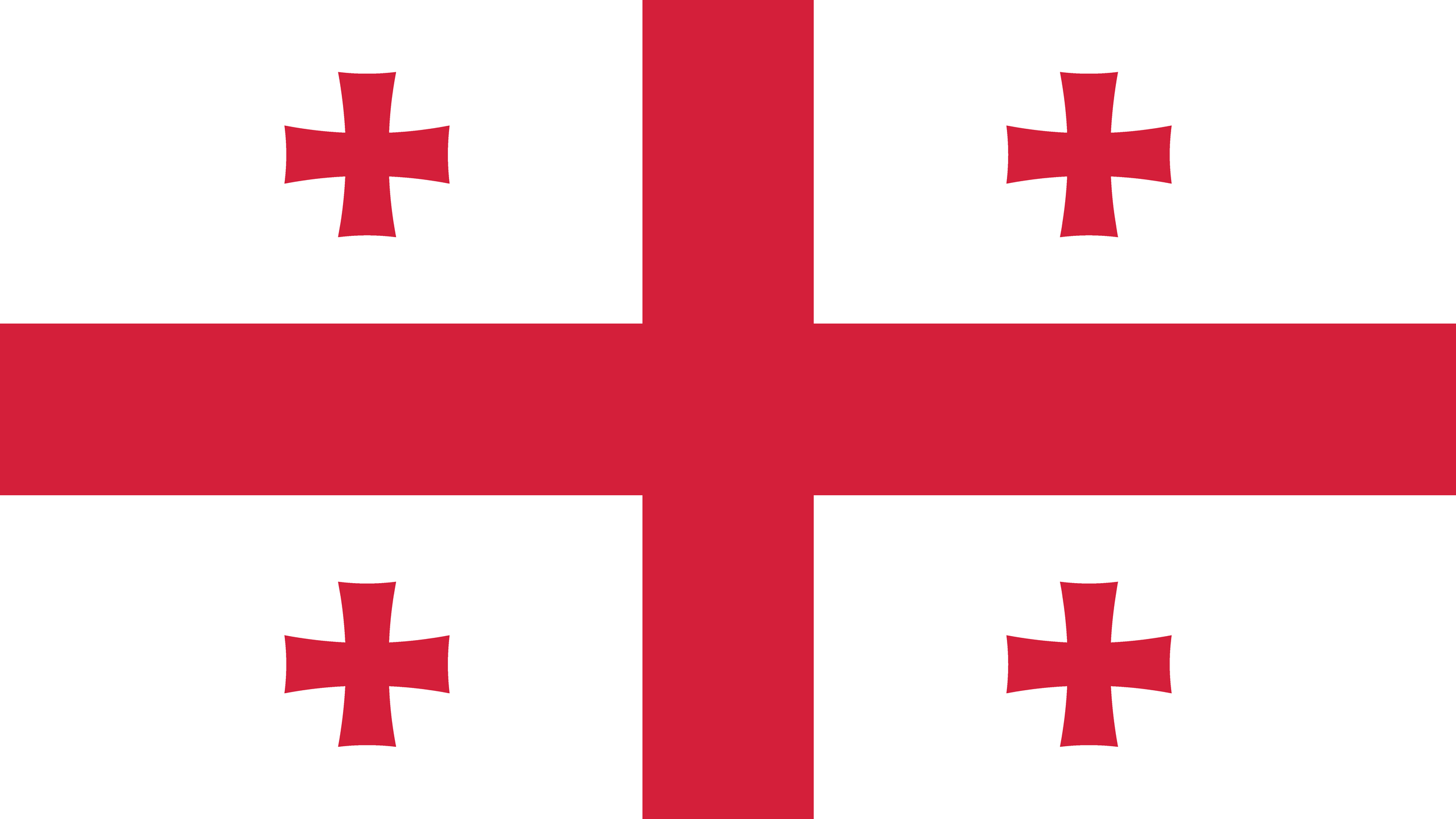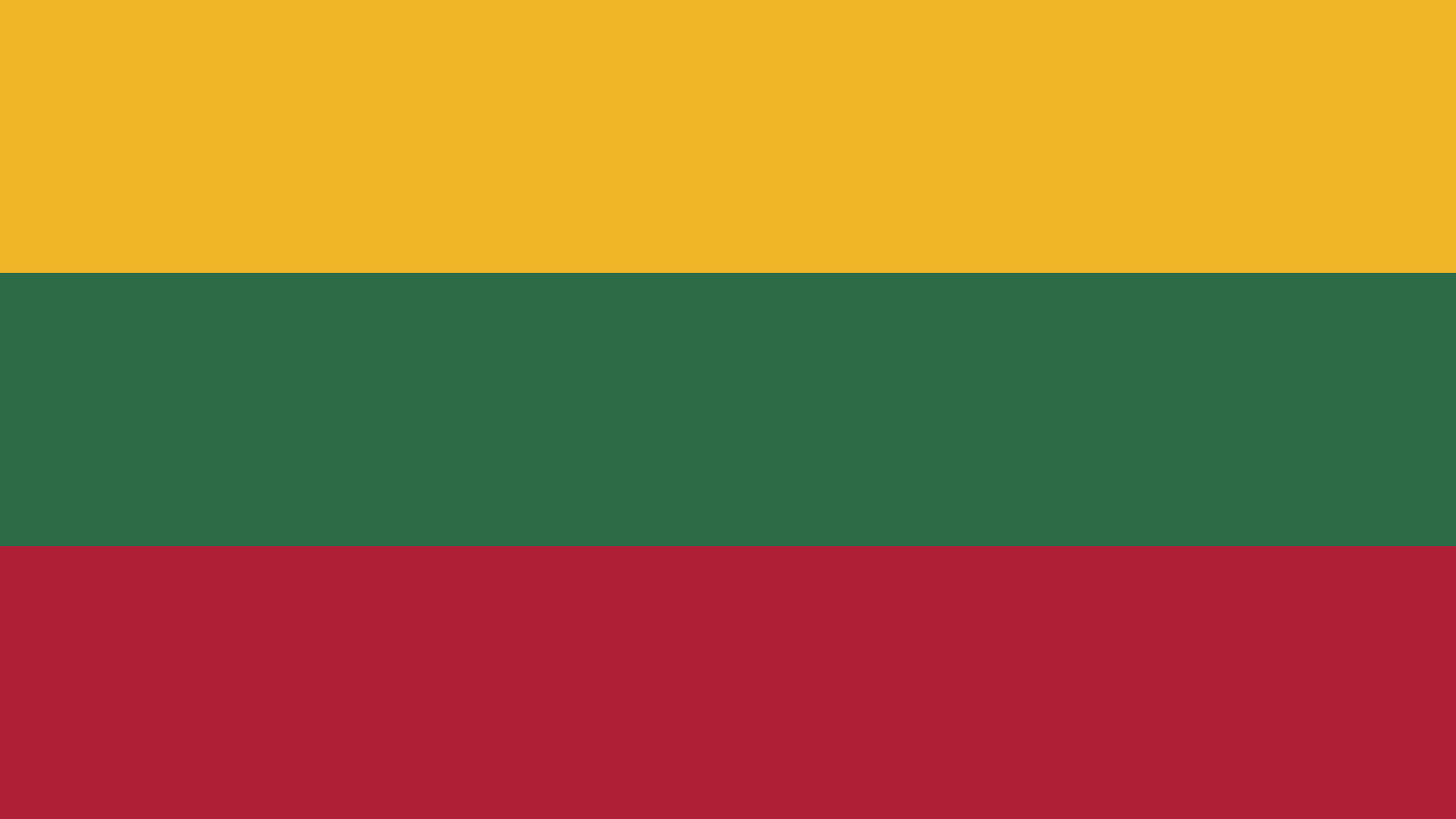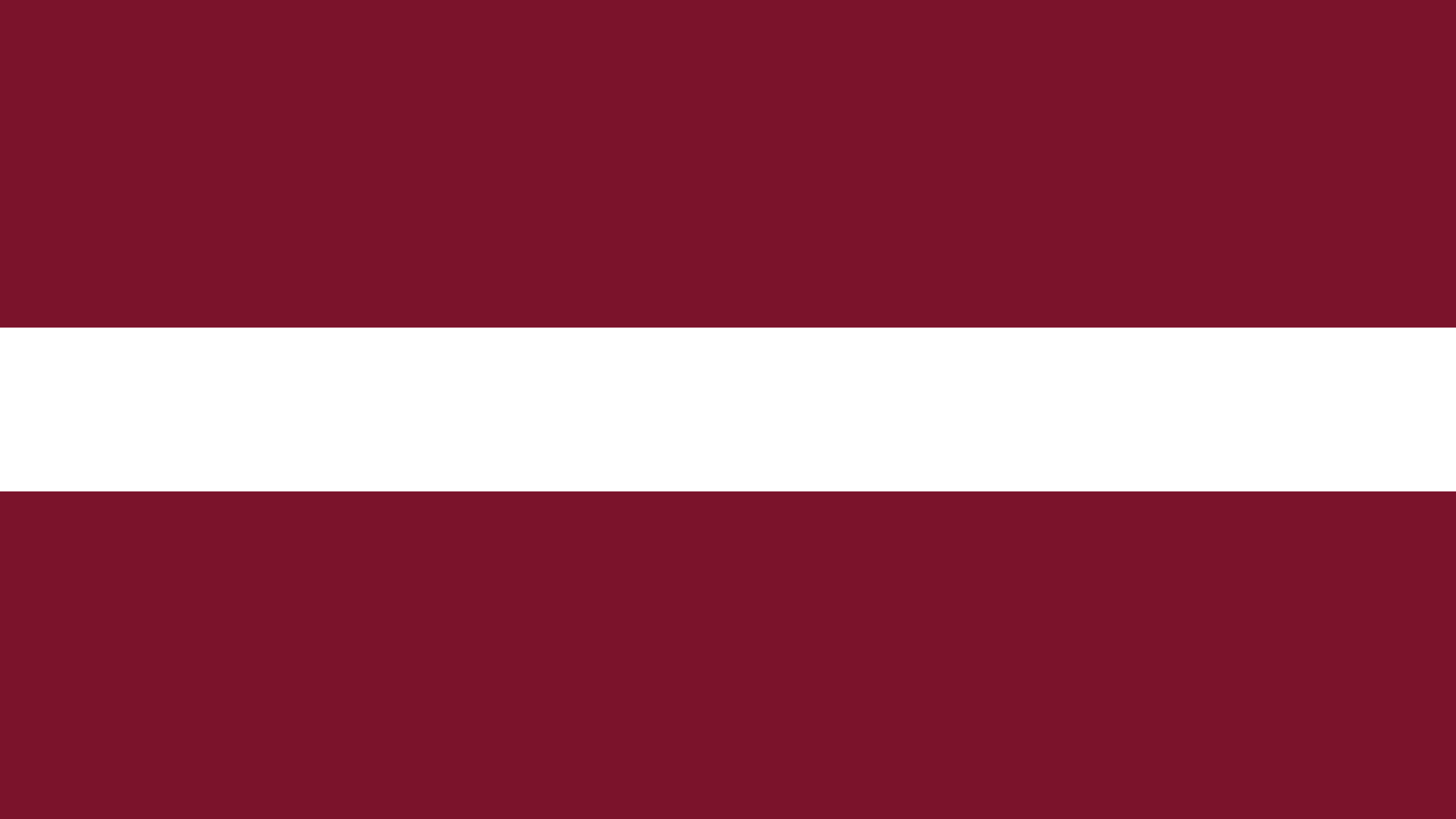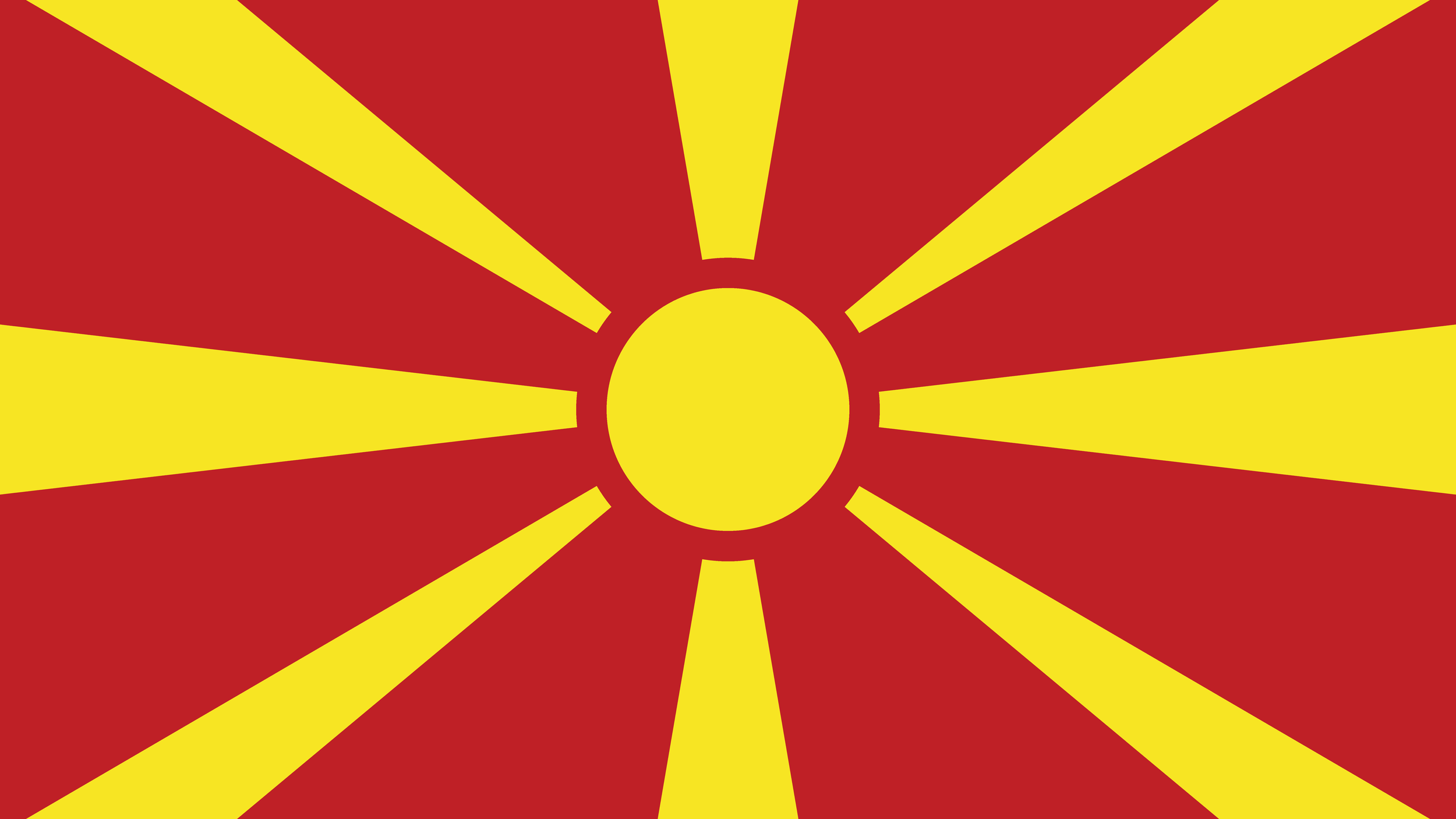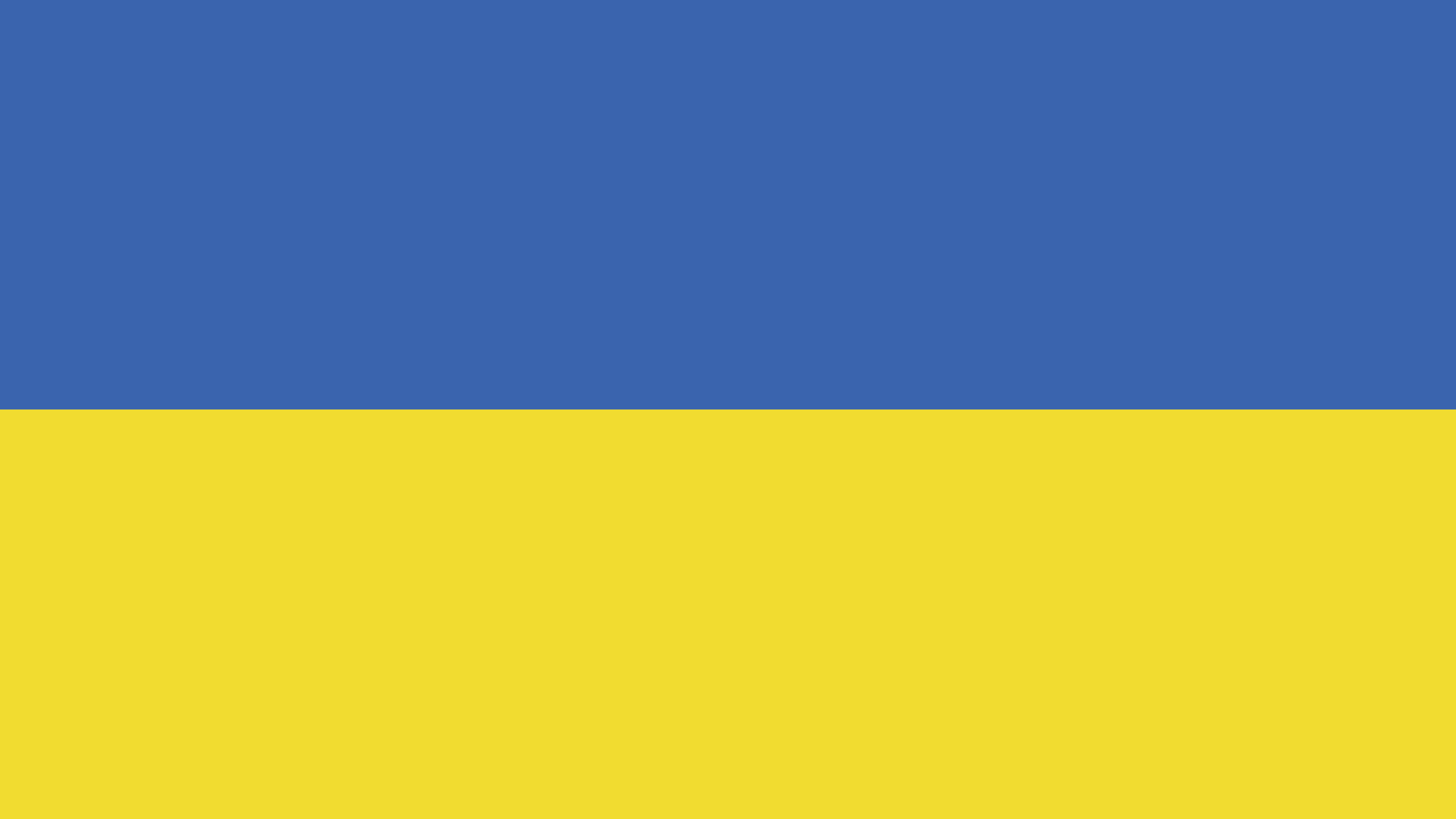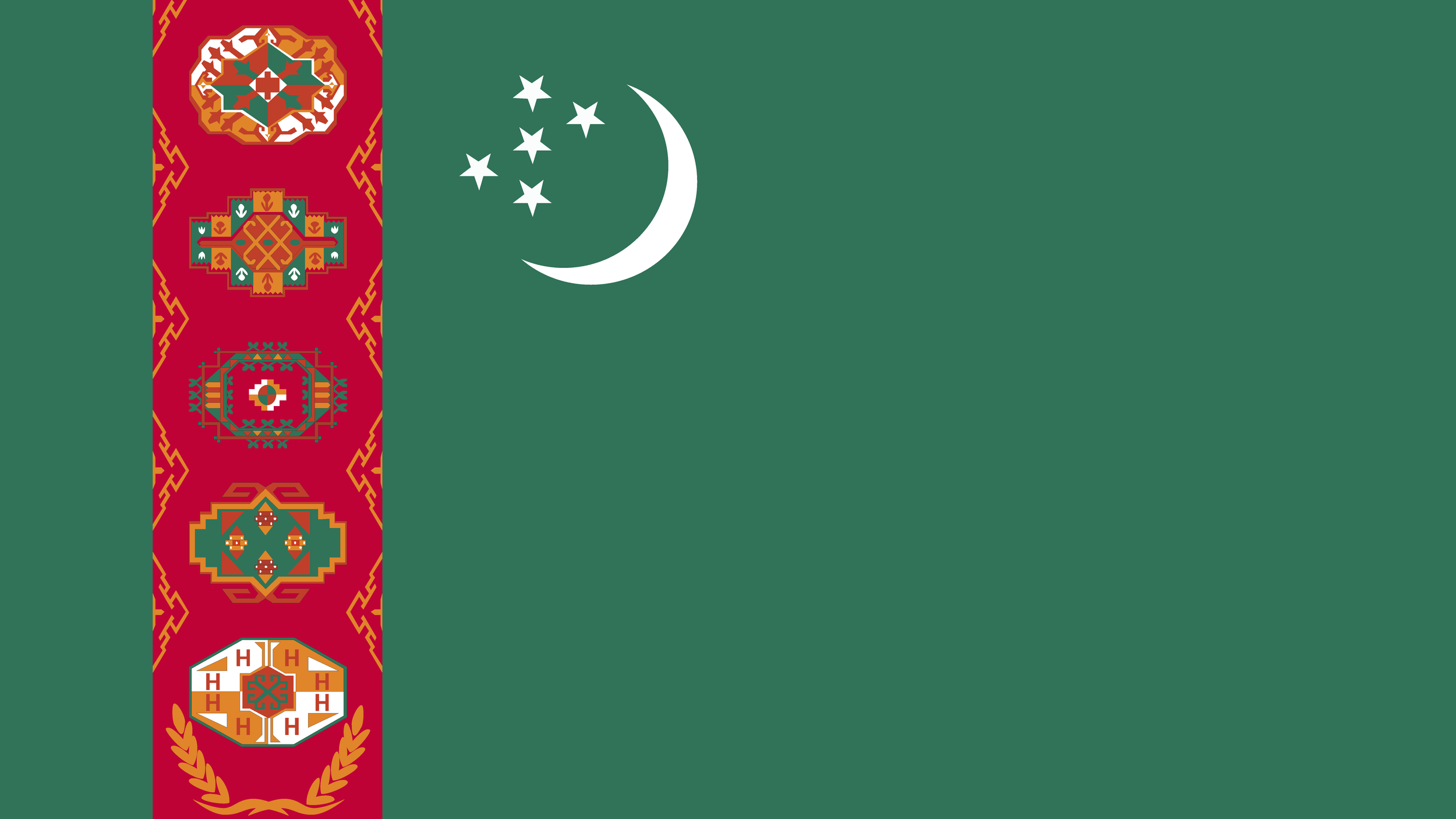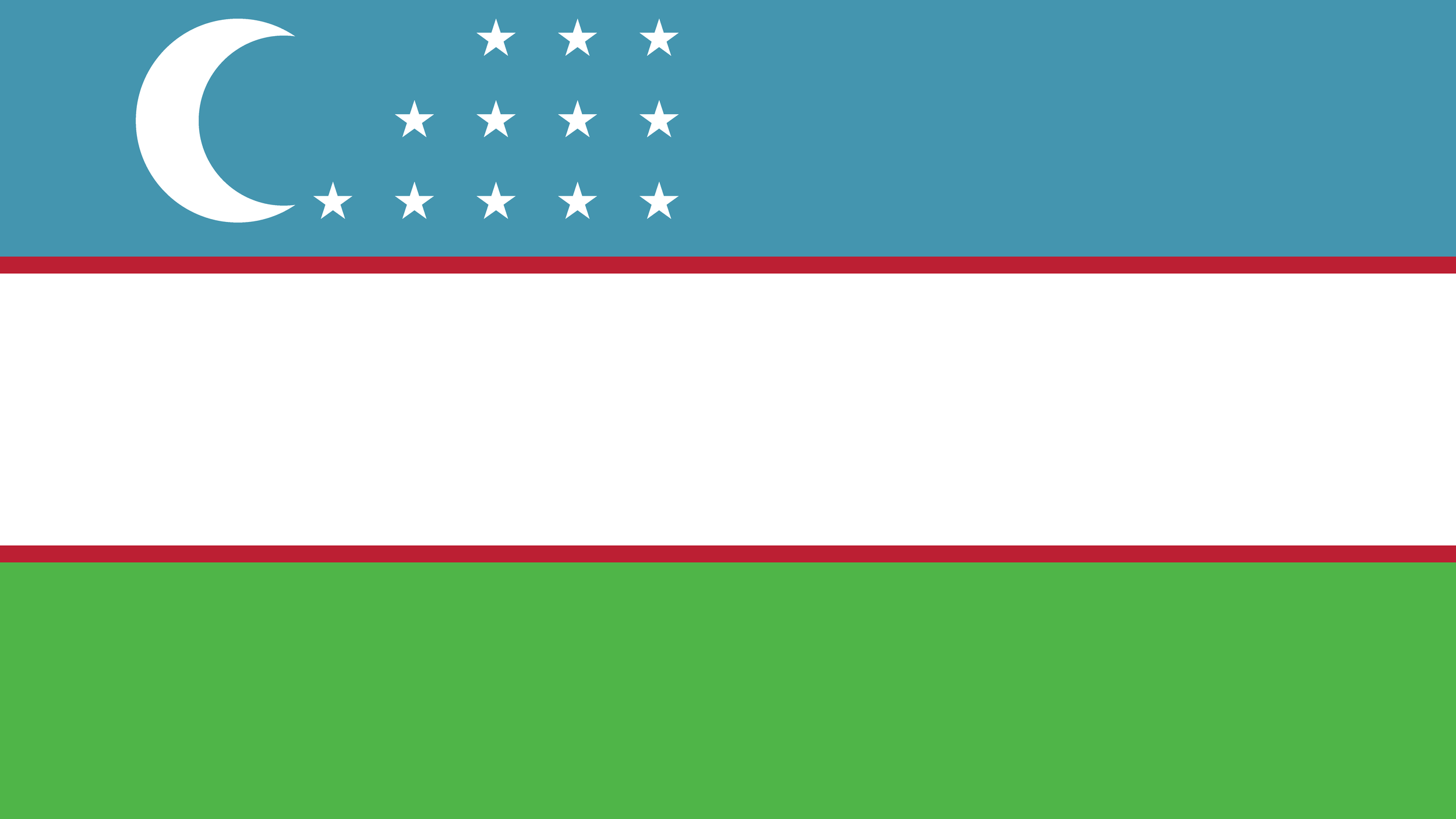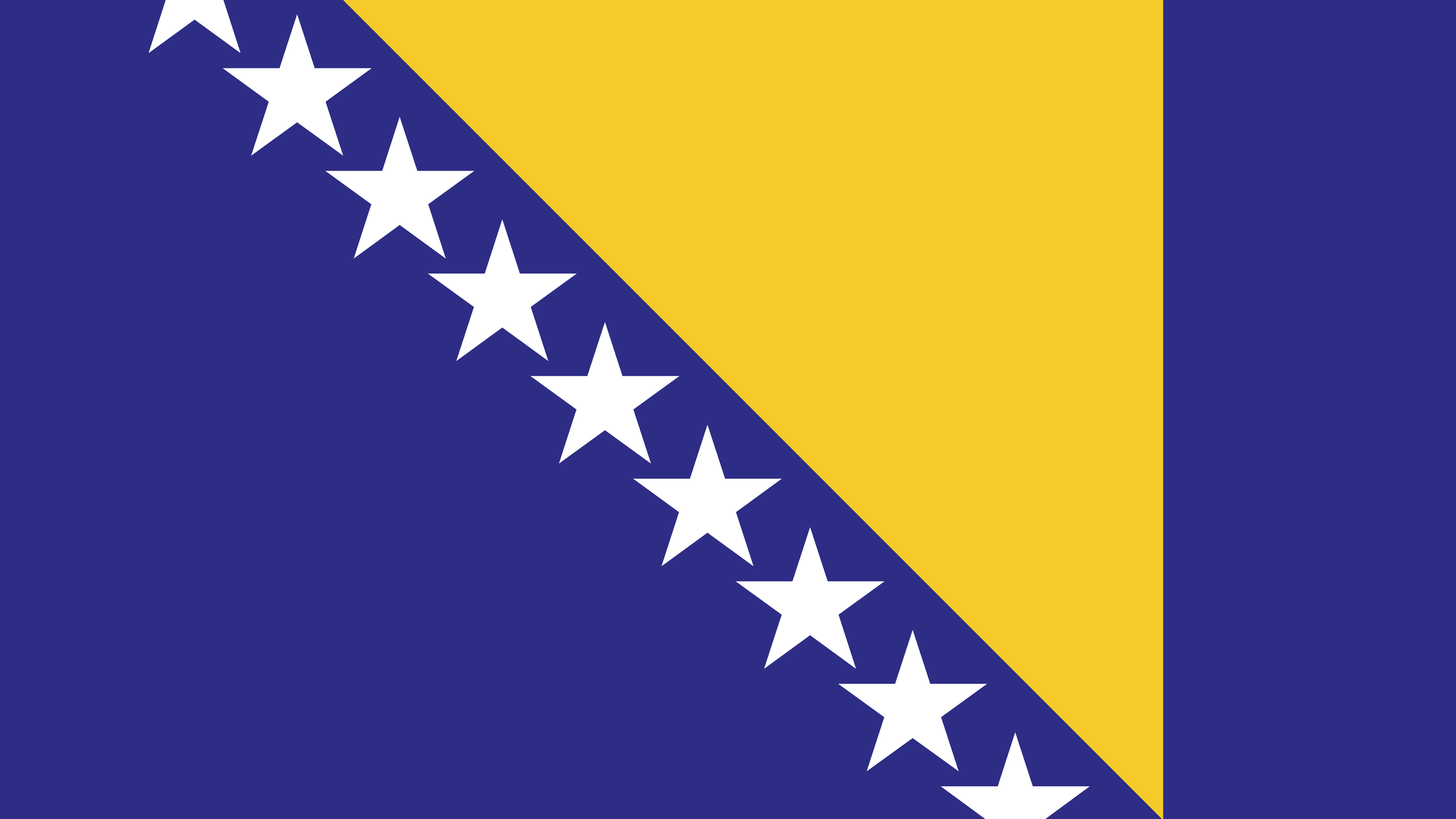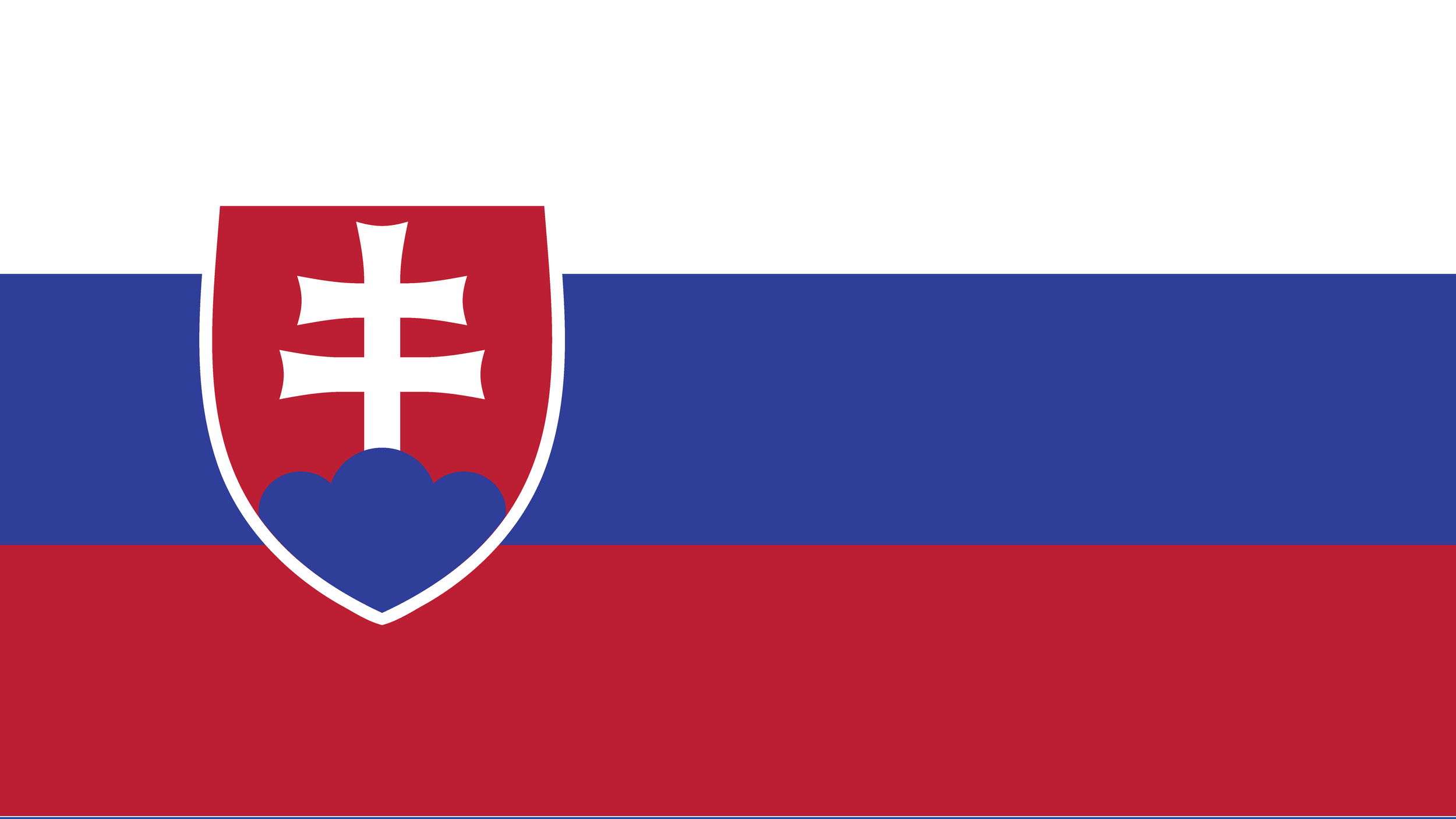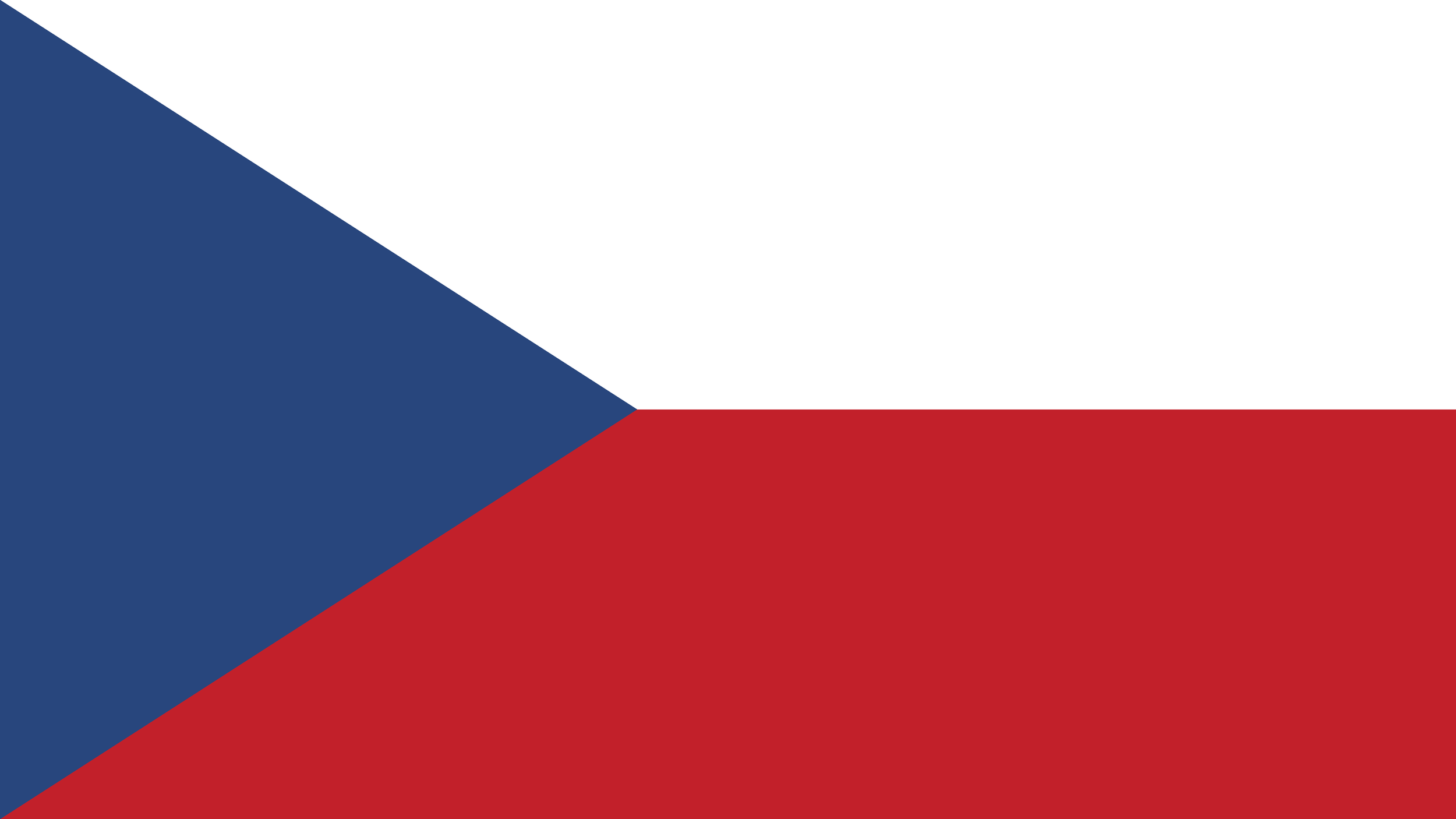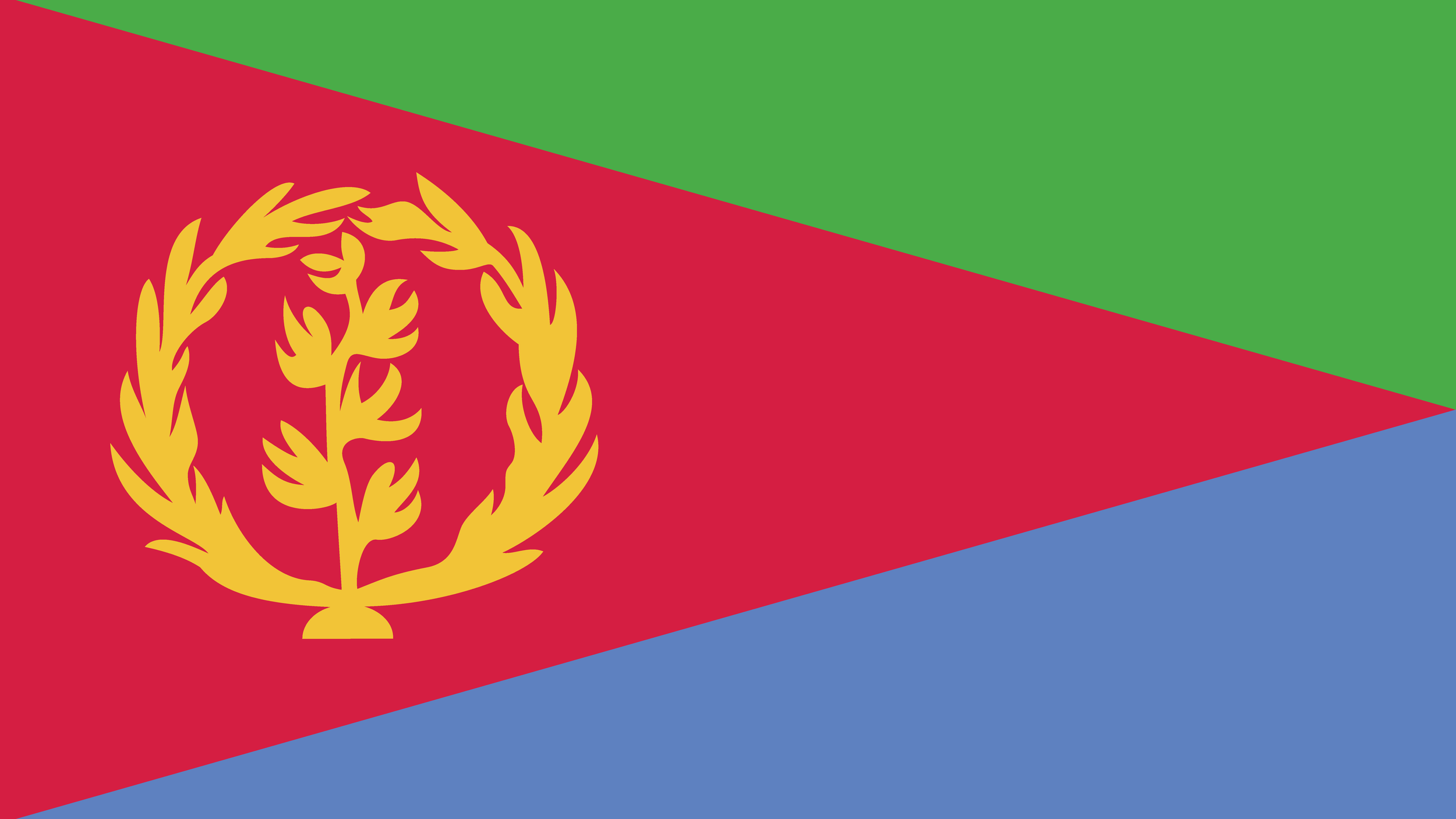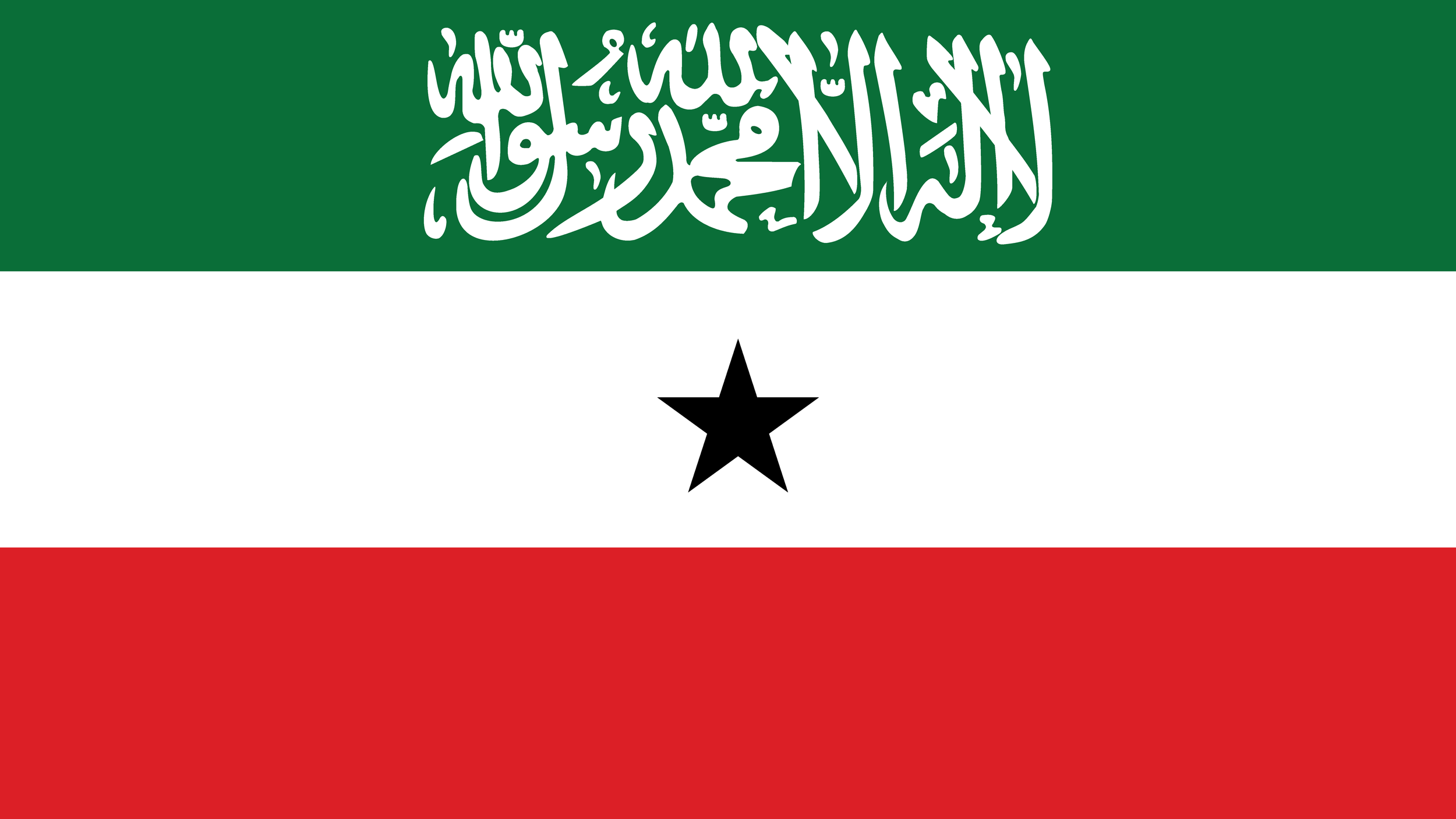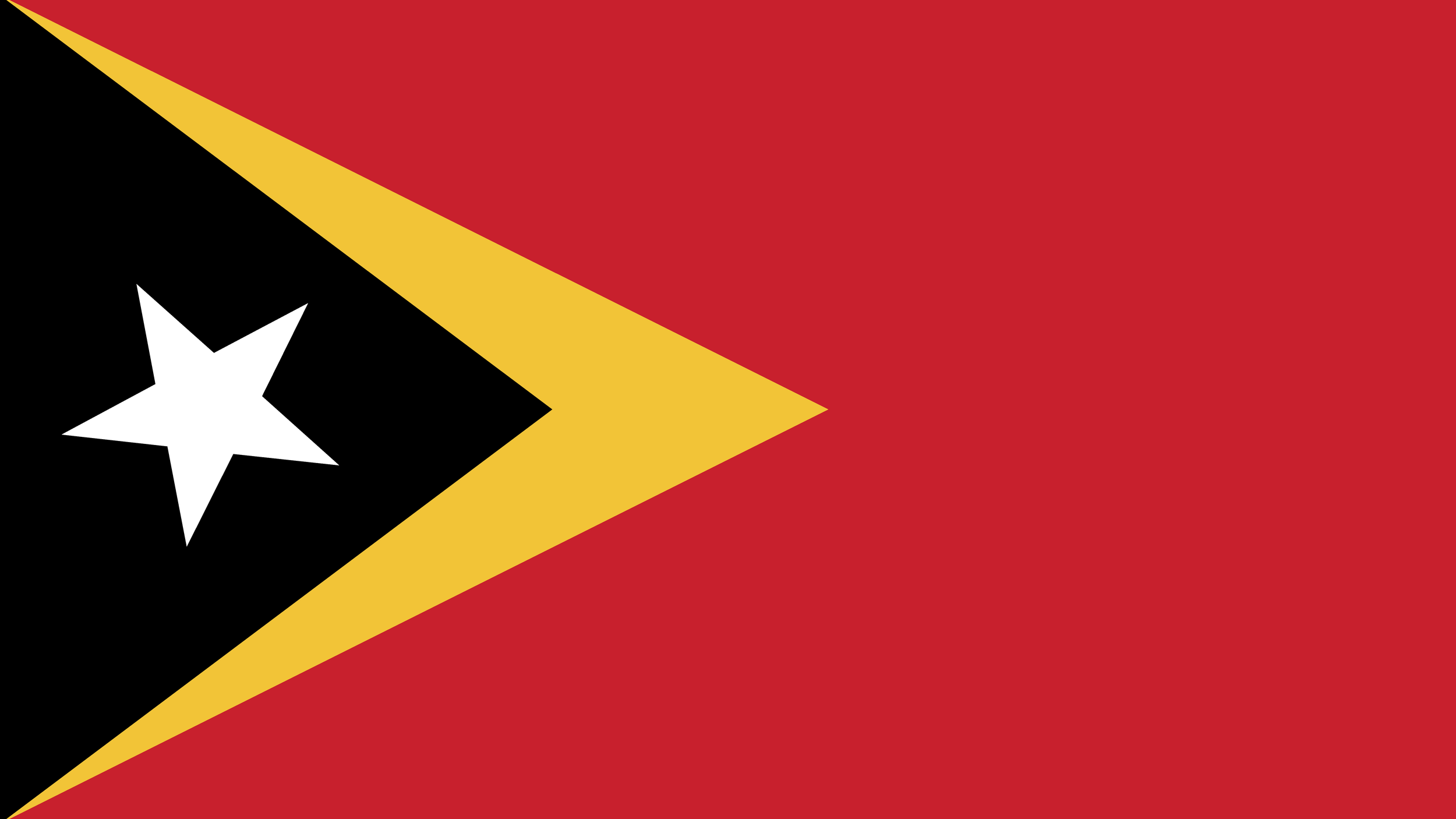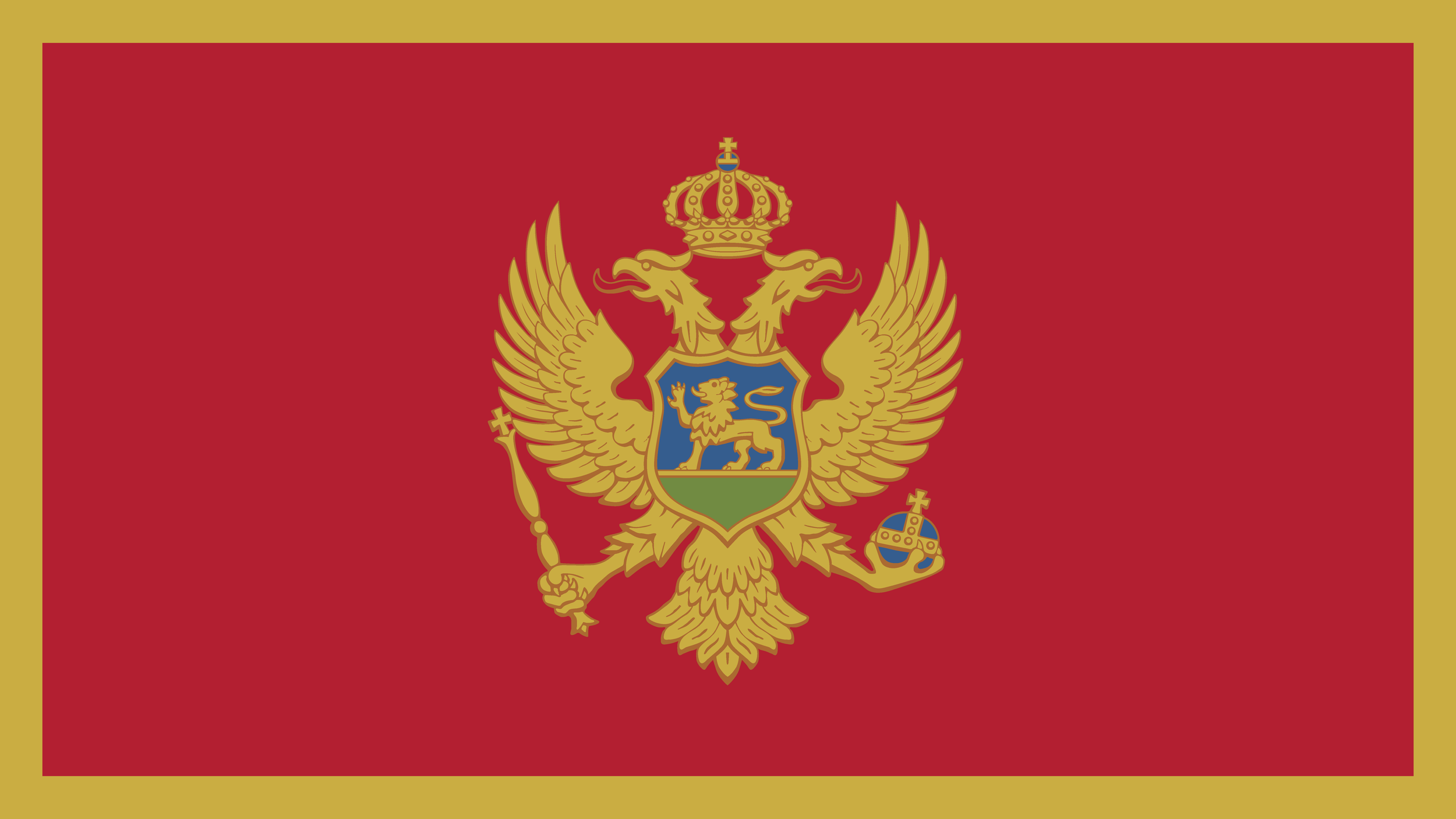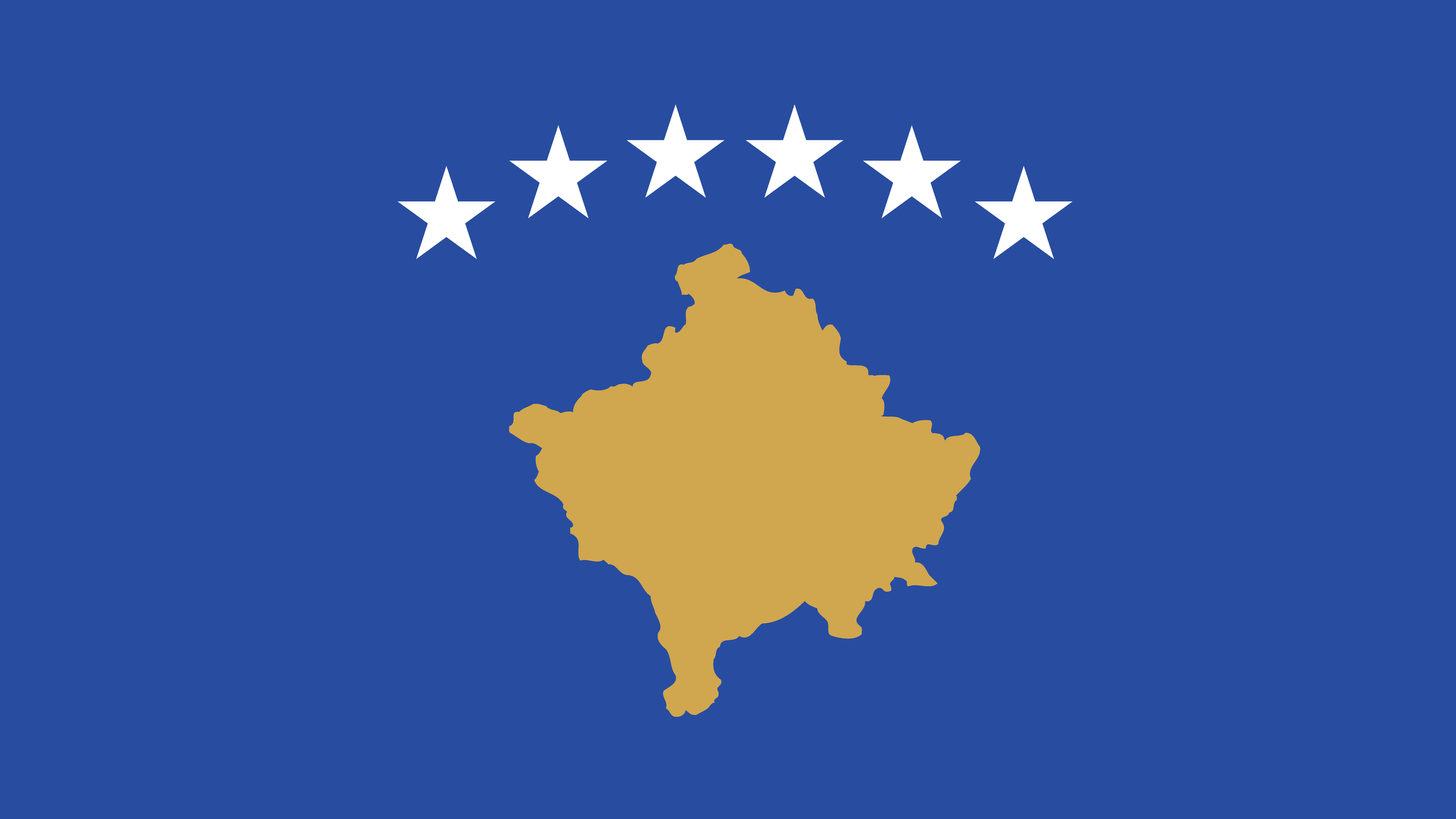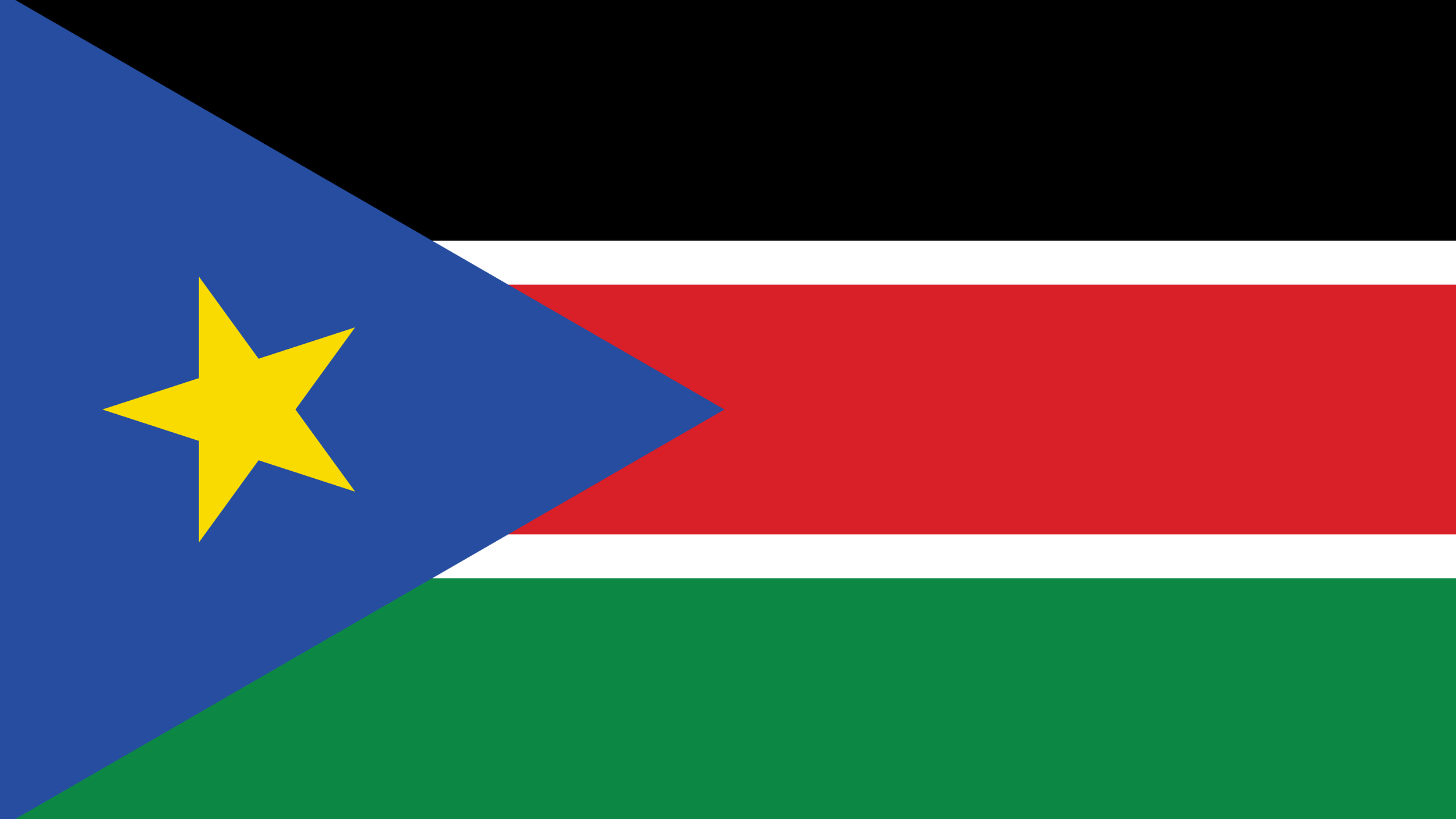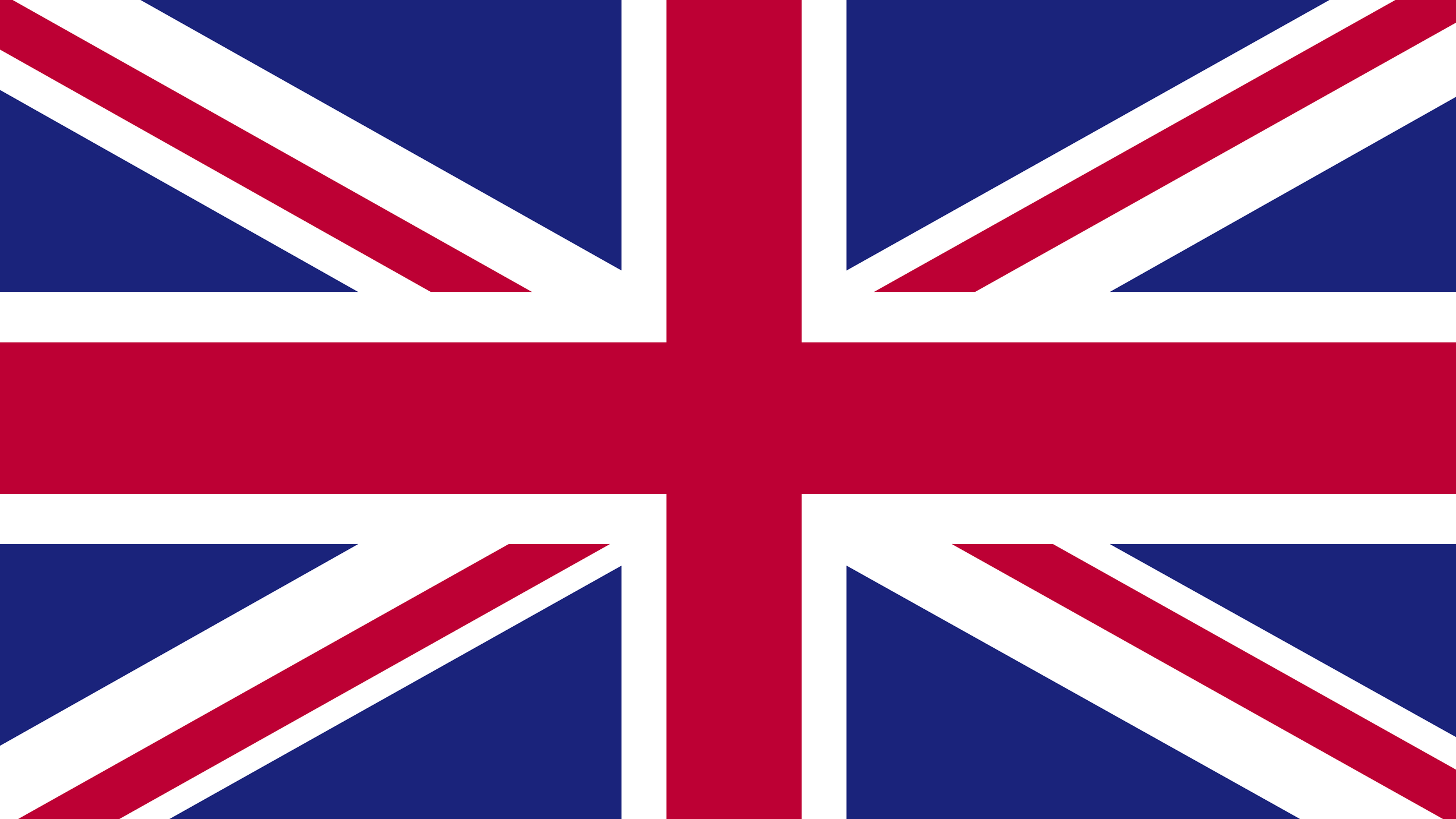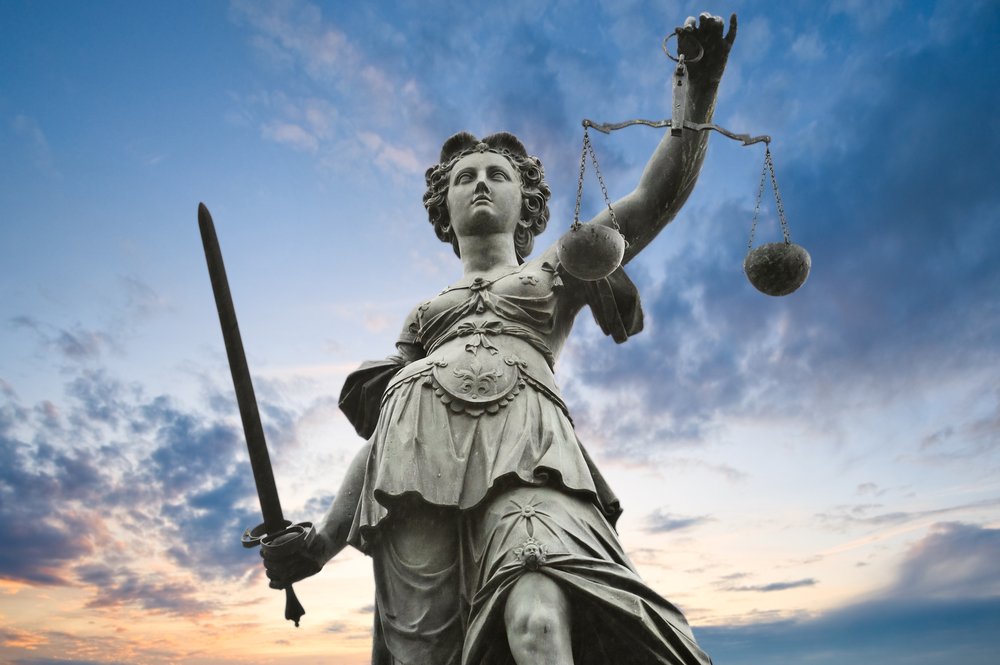
Is Western Cape Independence possible?

There are multiple routes to achieve independence, including constitutional law, international law, the electoral system and political negotiation, but all of them are premised upon the most crucial legal requirement, moral authority obtained by the democratic wishes of the majority.

Successful independence movements in the last 50 years

Countries where only the people seeking independence got to vote in a referendum over the last 50 years:
🇩🇯 Djibouti, 1977
🇫🇲 Micronesia, 1983
🇳🇦 Namibia, 1990
🇸🇮 Slovenia, 1990
🇺🇿 Uzbekistan, 1991
🇹🇲 Turkmenistan, 1991
🇺🇦 Ukraine, 1991
🇲🇰 Macedonia, 1991
🇱🇹 Lithuania, 1991
🇱🇻 Latvia, 1991
🇬🇪 Georgia, 1991
🇪🇪 Estonia, 1991
🇦🇿 Azerbijan, 1991
🇦🇲 Armenia, 1991
🇨🇿 Czech Republic, 1992
🇸🇰 Slovakia, 1992
🇧🇦 Bosnia & Herzegovina, 1992
🇪🇷 Eritrea, 1993
🇨🇦 Quebec, 1995
🇧🇲 Bermuda, 1995
🇰🇳 Nevis, 1998
🇹🇱 East Timor, 1999
🇸🇽 Sint Maartin, 2000
🇸🇴 Somaliland, 2001
🇳🇱 Bonaire, 2004
🇨🇼 Curacao, 2005
🇲🇪 Montenegro, 2006
🇽🇰 Kosovo, 2008
🇸🇸 South Sudan, 2011
🇳🇱 Sint Eustatius, 2014
🏴 Scotland, 2014
🇵🇷 Puerto Rico, 2017
🇵🇬 Bougainville, 2019
🇬🇧 United Kingdom, 2020
🇳🇨 New Caledonia, 2021
Western Cape Provincial Parliament, 8 September 2022
Premier Alan Winde:
“You have to ask all citizens of South Africa that question [referendum], not just the citizens of the province.”
Countries where everyone got to vote like Winde suggests:
None.
What are the requirements to become an independent state?
The requirements for statehood were established in the Montevideo Convention of 1933 and are clearly defined. A state must possess a permanent population, must be clearly territorially defined, must have a government, and must be capable of conducting foreign relations with other states.
The Western Cape has a defined border, has a permanent population, and has a democratically elected provincial government. It is clearly capable of statehood.
In the context of secession, only the last requirement is contentious. A seceding state cannot officially conduct foreign relations until after it has been formed and providing the state achieves international recognition, the ability to conduct foreign relations inevitably occurs. For this reason, the other three criteria have taken on greater significance as international law has developed.




SA Constitutional Law
Article 235 of the South African Constitution acknowledges the right of cultural groups to self- determination and explores the concept of non-territorial, also called cultural autonomy.
Will this work?
Unlikely. This is probably not the route to independence, because the Western Cape does not really have a shared language or culture that is distinctly unique to the rest of South Africa.
The only true effect of Article 235 is that ‘self determination’ is a fundamental principle of the South African constitution.
Is a referendum constitutional?
Yes!
Calling for a referendum
Section 127 of the South African Constitution gives provisions for the Premiers to call for referendums in their own province,
However, this is not currently legally possible.
Referendum legislation
The DA tabled a 'Referendum Bill' on 13 June 2023 which would enable the Premier to call provincial referendums in accordance with the South African constitution.
This process us currently underway and could take up to 24 months.
International Law
Article 1 of the International Covenant on Civil and Political Rights, and Article 20 of the African Charter on Human and Peoples’ Rights outlines the right to self-determination.
Will this work?
Possibly, Yes. Independence would not be achieved if secession did not comply with international law.
The two frameworks in international law by which independence could be achieved is ‘jus congens’ and ‘erga omnes’ and could supersede South African constitutional law.



What does this mean?
Public referendums may not be ignored.
The Republic of South Africa is a constitutional democracy and ignoring the outcomes of a public referendum would break international law.
Is an independent Cape financially viable?
An independent Western Cape is, without doubt, financially viable.
The Western Cape would instantly be better off. The Western Cape (along with Gauteng) currently subsidises the rest of South Africa and is a net contributor to the national fiscus.
11.2% of South Africa’s population lives in the Western Cape, but the province produces 13.9% of South Africa’s GDP. In return it is allocated only 10.1% of the provincial budget.
Even assuming that the new Cape government is no more efficient that the current South African government, our ‘provincial budget’ would increase by 38% overnight.
This does not factor in that an estimated R1.5 trillion has been stolen by the South African political elite, R0.2 trillion of which came from the Western Cape, a sum equivalent to our entire economic output for 6 month.
According to STATSSA, there are roughly 6,8 million people currently living in the Western Cape and it is expected to increase with 700,000 people over the next 5 years.
According to this STATSSA study, the Western Cape contributes 13.9% to the South African GDP and according to the United Nations in 2018, was estimated at $51.16 Billion.
The Western Cape receives only 10.1% of the National Budget, compared to 13.9% it contributes, meaning that the Western Cape is subsidising the rest of South Africa.
Will it ever happen?
The simple answer to this question is: it will, if we want it to.
Gaining independence in principle is not a complicated process. Once the majority clearly demonstrate their wish to govern themselves, it simply becomes a matter of working out the details.
Anyone who has discussed the idea of independence will have been confronted with a litany of apparently insurmountable obstacles why it can’t happen. The truth is, WE are the only real obstacle between us and independence.
If we allow others to convince us that it couldn’t or shouldn’t happen and remain silent, independence will remain a dream. If we stand up and claim our right to a better future for us all, independence becomes inevitable.
It is legal to peacefully campaign for independence?
Yes.
In 2010 both the National Prosecuting Authority (NPA) and the Directorate for Priority Crime Investigations (Hawks) confirmed it was not a crime to pursue secession, declaring that it was a ‘political matter’. In addition to this, the Cape Party have been registered with the Electoral Commission of South Africa (IEC) since 2007, openly campaigning for an independent Cape during which time they have legally contested both national and provincial elections without challenge or incident.

